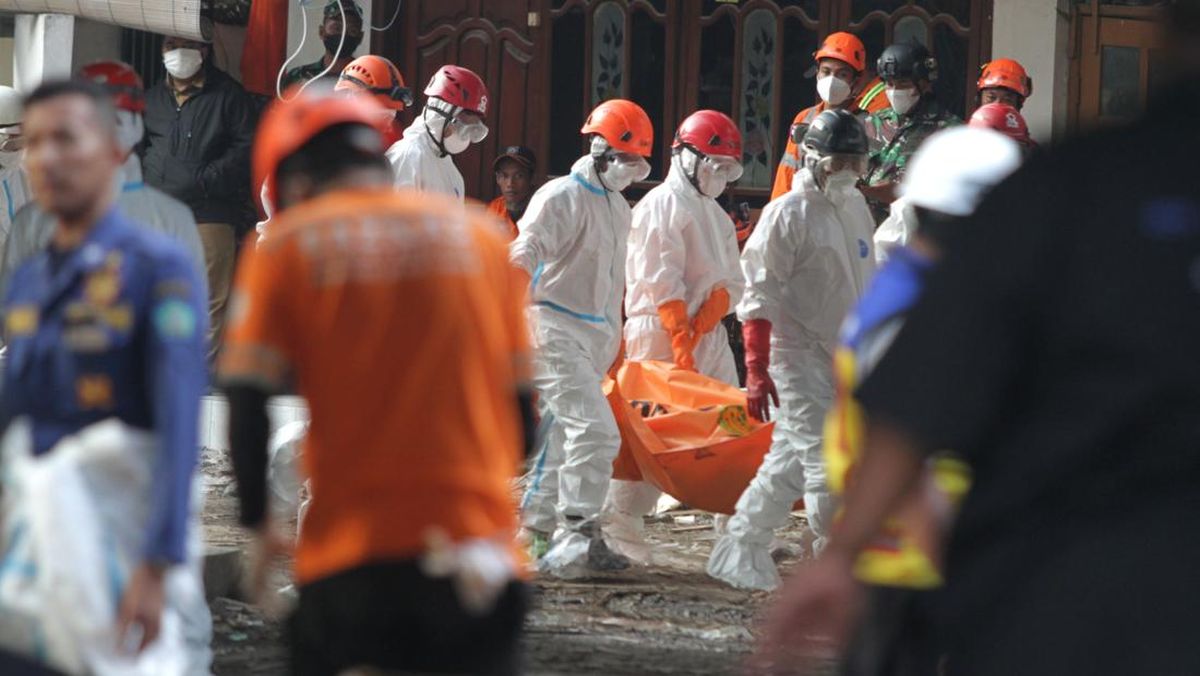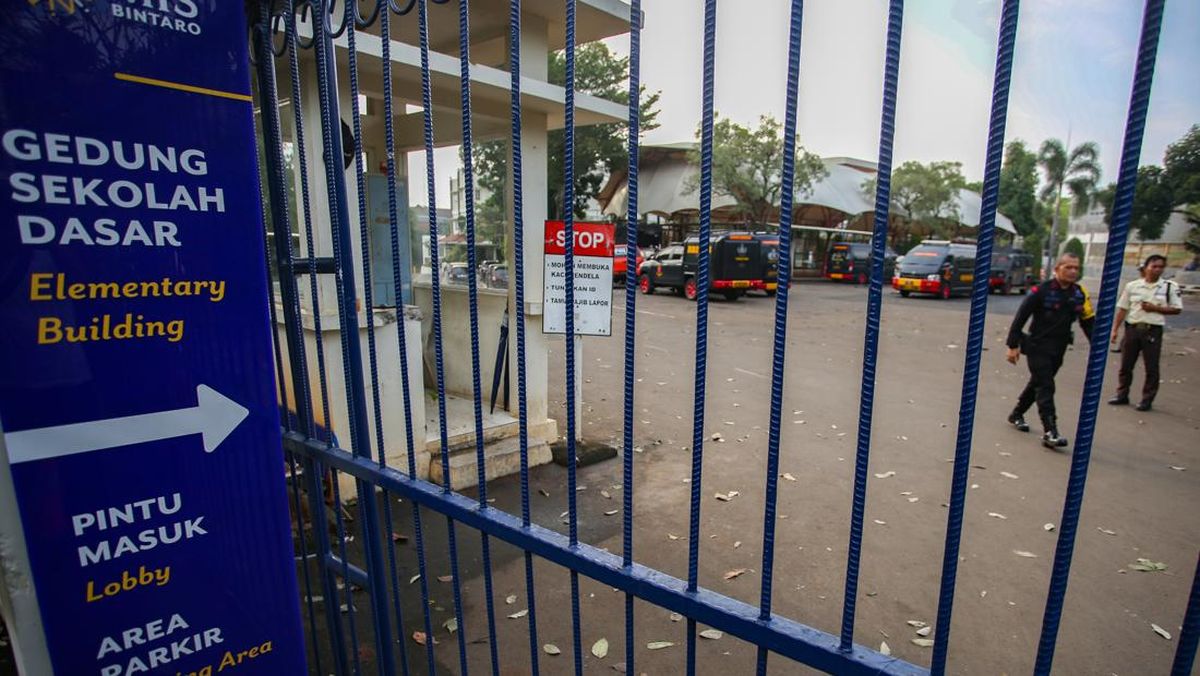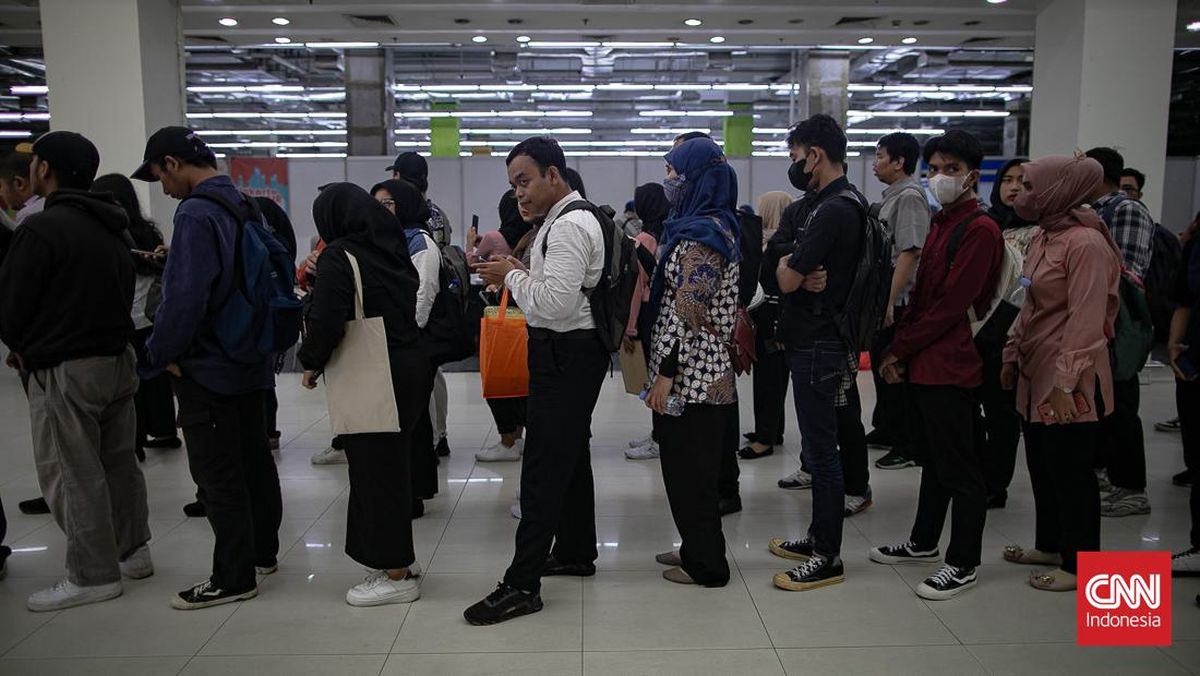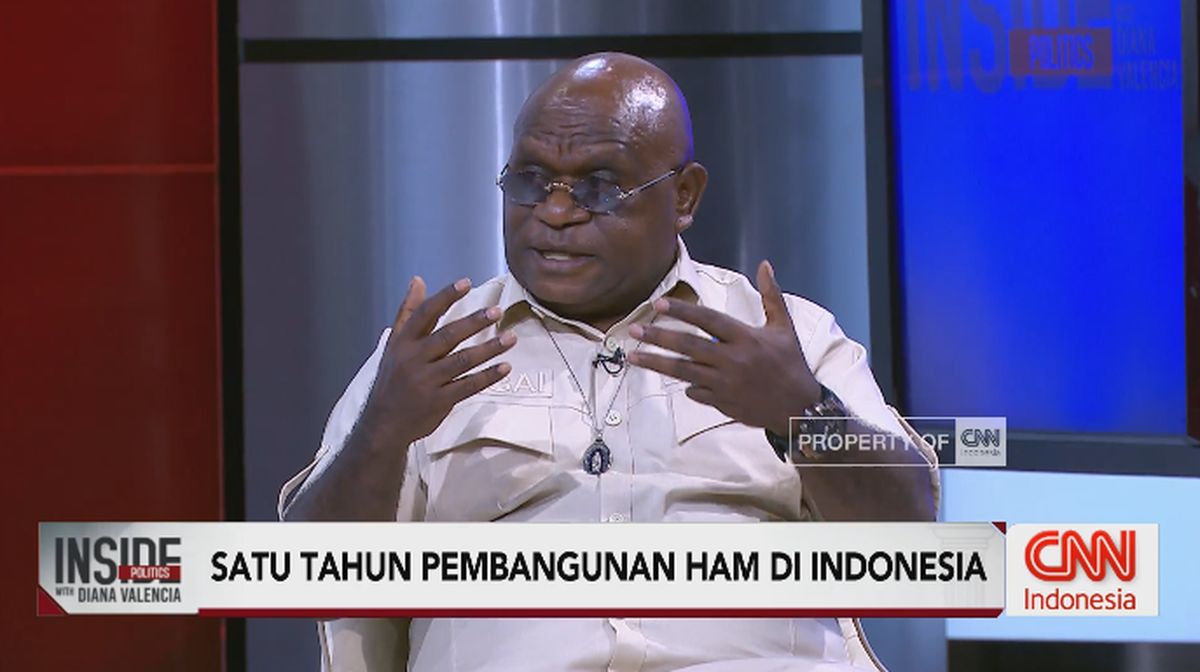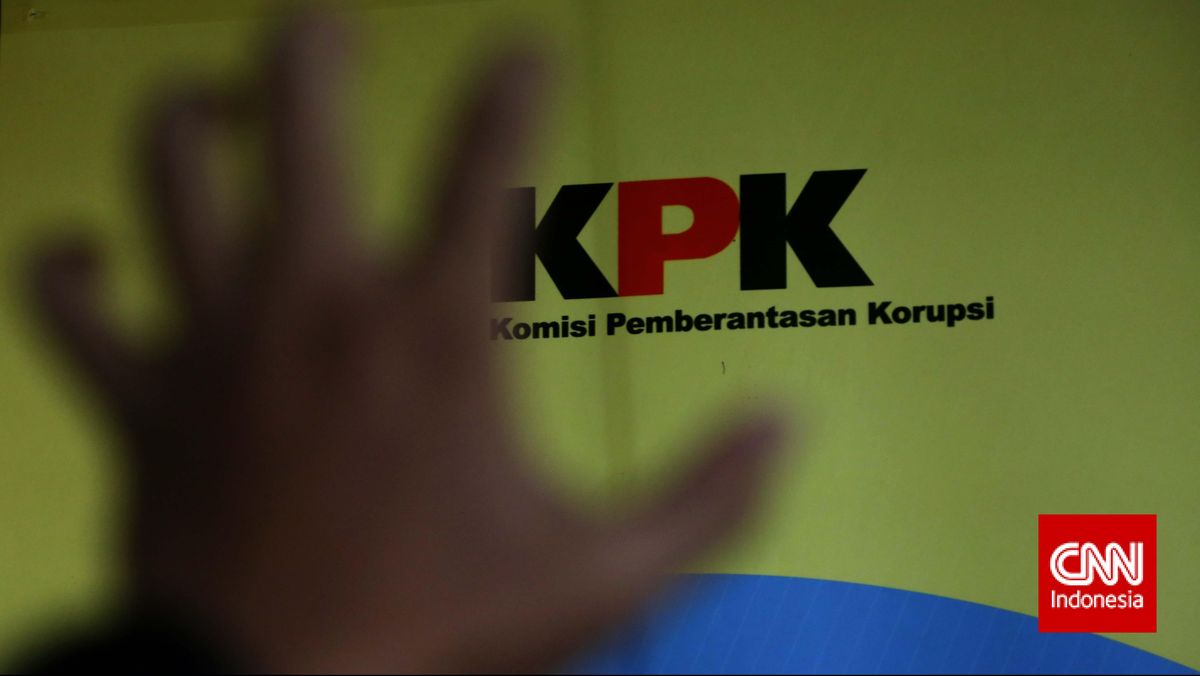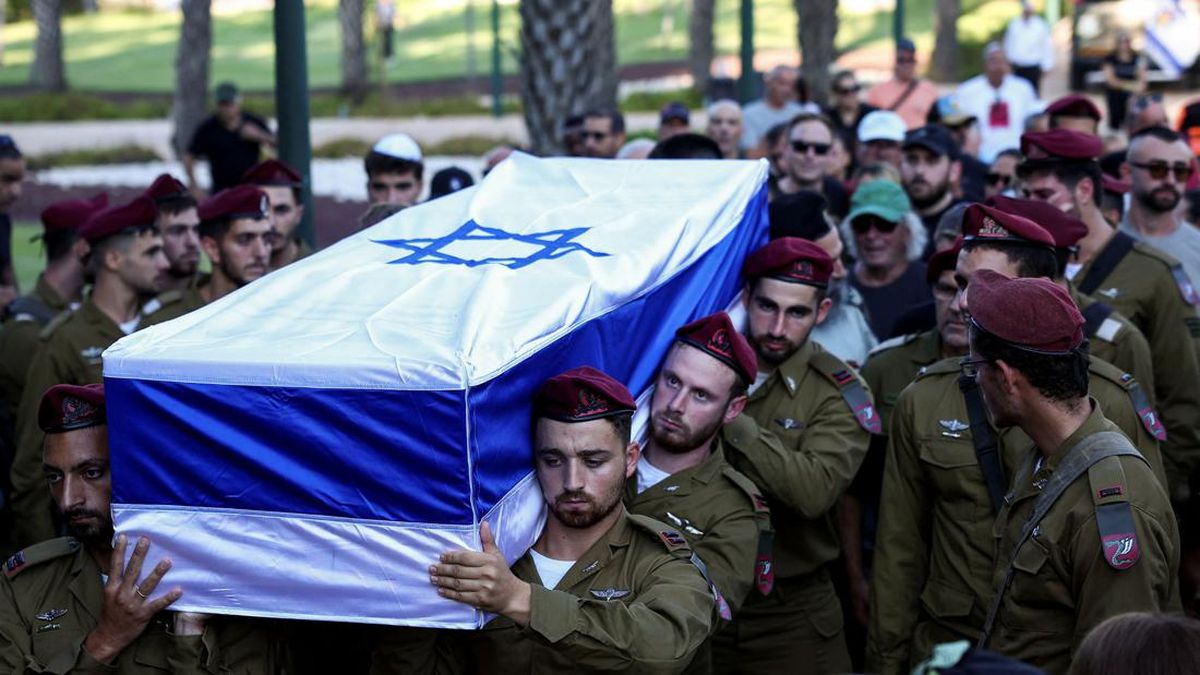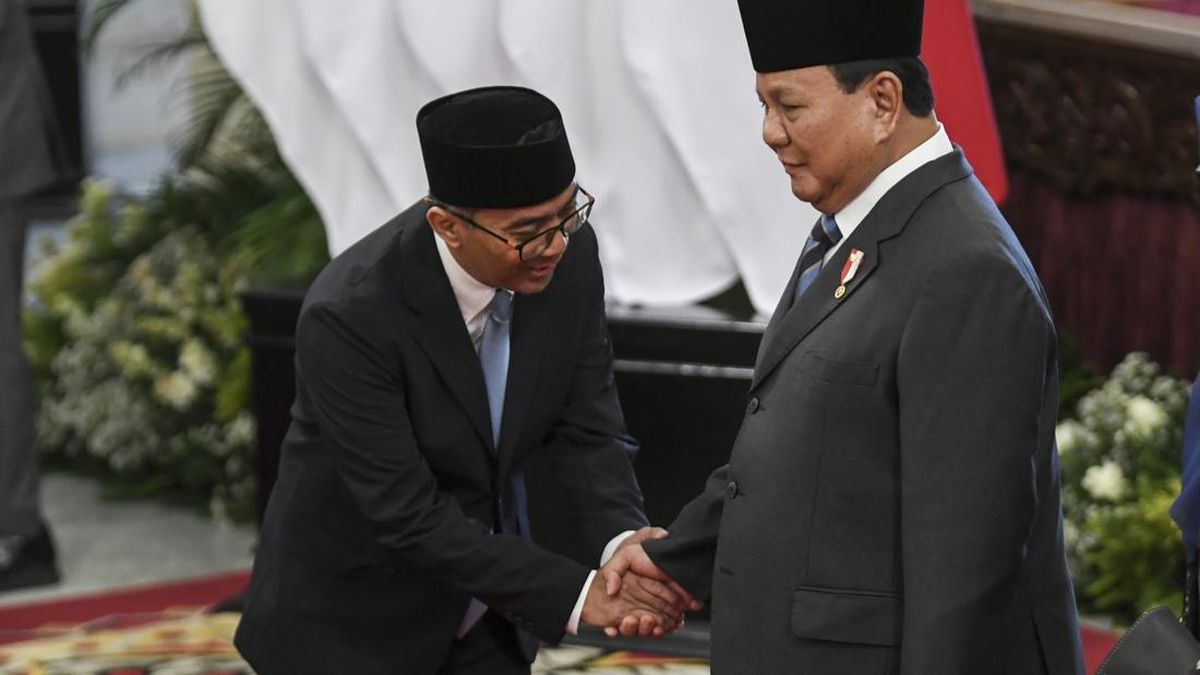As Israeli beachgoers splash around in the Mediterranean Sea and play volleyball on the nearby sand, Keith Siegel clears his throat to speak. The father of four and grandfather of five spent 484 days in captivity after being taken hostage by Hamas on October 7, 2023. Much of that time was spent in solitary confinement in the tunnels under Gaza. Before his release in February as part of the most recent ceasefire deal between Israel and Hamas, his captors forced him to write a thank-you letter, instructing him on what to say.
Since his release, Siegel has dedicated himself to trying to secure the release of the remaining 50 hostages held in Gaza, of whom around 20 are believed to be alive. Among them are two former neighbours from the kibbutz near the Gaza border where he and his wife lived in southern Israel. Like many others in the energetic and highly organised protest movement to secure the release of the remaining hostages, Siegel believes that one man, and one man alone, is the key to achieving their freedom.

Keith Siegel, 64, appears in a Hamas “proof of life” video released in April 2024. Credit: Twitter
“President Trump, you are the only one who can do it. End the war, bring the hostages home, create a better future for the Middle East,” Siegel says, standing in front of a banner of a recent social media post by the US president calling for the hostages to be released. It is July 4, and Siegel has gathered with relatives of hostages near the US embassy office in Tel Aviv to plead for a ceasefire agreement.
“We are in a historic window of opportunity,” Siegel continues. “The leader who achieved a ceasefire with Iran can also deliver the deal of all deals in Gaza ... Please, please don’t let this opportunity slip away.”
Daniel Shek, a former Israeli ambassador to France who leads the diplomatic department at the Hostages and Missing Families Forum, says the movement made a strategic decision to focus on influencing the Trump administration rather than Israeli Prime Minister Benjamin Netanyahu.
“There is precedent that the way to get to Netanyahu is through Donald Trump,” he says. “He’s the one who has the leverage and the means.”
Relations between Netanyahu and the hostage release movement have been dominated by mistrust and at times outright hostility, with many hostage families believing Netanyahu has put his political survival over the release of their loved ones. Many of those taken hostage on October 7 – peace-loving kibbutzniks and young musical festival attendees – were not part of Netanyahu’s conservative base.

Daniel Shek says the Israeli prime minister has not been receptive to the plight of the hostages’ families.Credit: Sydney Morning Herald / Kate Geraghty
“It’s difficult for us to converse with him,” Shek says of Netanyahu. “He hasn’t been very communicative with the families of the hostages, and some members of his coalition were outspoken in saying the hostages were not their priority and that’s terrible.”
Instead of trying to convince their own government to make a deal, many hostage families have taken to directly pleading their loved ones’ case with Trump on social media. “Mr President, we need your help,” Rebecca Bohbot, the wife of hostage Elkana Bohbot, wrote to Trump last week. “The fight is not over – and only you can help us bring Elkana home.”

US President Donald Trump with Israeli hostages released from Gaza (from left): Iair Horn, Omer Shem Tov, Eli Sharabi, Keith Siegel, Aviva Siegel, Naama Levy, Doron Steinbrecher and Noa Argamani at the White House.Credit: X
Netanyahu this week travelled for the first time to Kibbutz Nir Oz, the site of one of the worst massacres on October 7, where he met with hostage families who had previously been scathing of his leadership.
The hostage release movement is a ubiquitous presence in Tel Aviv, Israel’s second-biggest city and a progressive bastion where Netanyahu is broadly unpopular. Posters of the hostages are plastered around the city, including along the beach. A plaza in the city centre, where large protests are held each week, has been renamed Hostages Square. Visitors can walk through an art installation that aims to recreate the experience of being held in a tunnel under Gaza.

People gather in Tel Aviv’s “Hostage Square” to call for the return of those still held in Gaza by Hamas.Credit: Sydney Morning Herald / Kate Geraghty
Ahead of a crucial meeting at the White House between Trump and Netanyahu on Monday, there is growing hope in Israel that a ceasefire and hostage release deal will be reached. “I think we’ll have a deal next week,” Trump said ahead of the meeting, insisting he would be “very firm” with Netanyahu about ending the conflict.
But there is also palpable anxiety about whether the leaders will reach a flawed agreement that fails to secure the release of all the remaining hostages and prolongs the agony of their families. Polls show around seven in 10 Israelis want the war to end, with most seeing the return of the hostages as their top priority rather than continuing the fight against Hamas.
‘We hope Trump will push both sides to end the war and do what it takes to save the hostages … I just want our family to be whole again.’
Matan Eshet, cousin of Israeli hostage Evyatar DavidThe families of the hostages have been calling for a deal that secures the immediate release of the remaining captives in exchange for an end to the war. The deal under consideration is far less clean-cut, with a proposal for 10 living hostages and 18 bodies to be released during a 60-day ceasefire. During that time, talks would be held over ending the war and releasing all remaining hostages, but this phase could collapse as it has in the past.
“The hostage deal in the works is a disgrace,” former Israeli government spokesman Eylon Levy said in a social media post. “It lets Hamas keep 10 living hostages and 12 bodies past the 60-day mark, and condemns two hostages to being trapped in Gaza’s dungeons for another 50 days!”

Matan Eshet has been campaigning for the release of his cousin Evyatar David, who is being held in Gaza.Credit: Sydney Morning Herald / Kate Geraghty
Veteran Israeli hostage negotiator Gershon Baskin has also criticised the reported framework, saying: “There is no reason for the ceasefire to be limited to 60 days. There is no reason for five phases to release 10 living hostages and another 18 bodies. Why not one phase for everyone?”
Sitting at Hostages Square at sundown, Matan Eshet says he is desperate for his cousin Evyatar David to be released. A talented guitar player who wanted to pursue a career as a music producer, David was taken hostage at the Nova music festival.
Loading
Hamas released a video of him in February, confirming to his family he is alive – albeit clearly malnourished and poorly treated.
“You could see he has not been sleeping, that he has barely seen the light of day,” Eshet says of his cousin. “We are hopeful that a deal will be reached and he will come back. We hope Trump will push both sides to end the war and do what it takes to save the hostages.”

